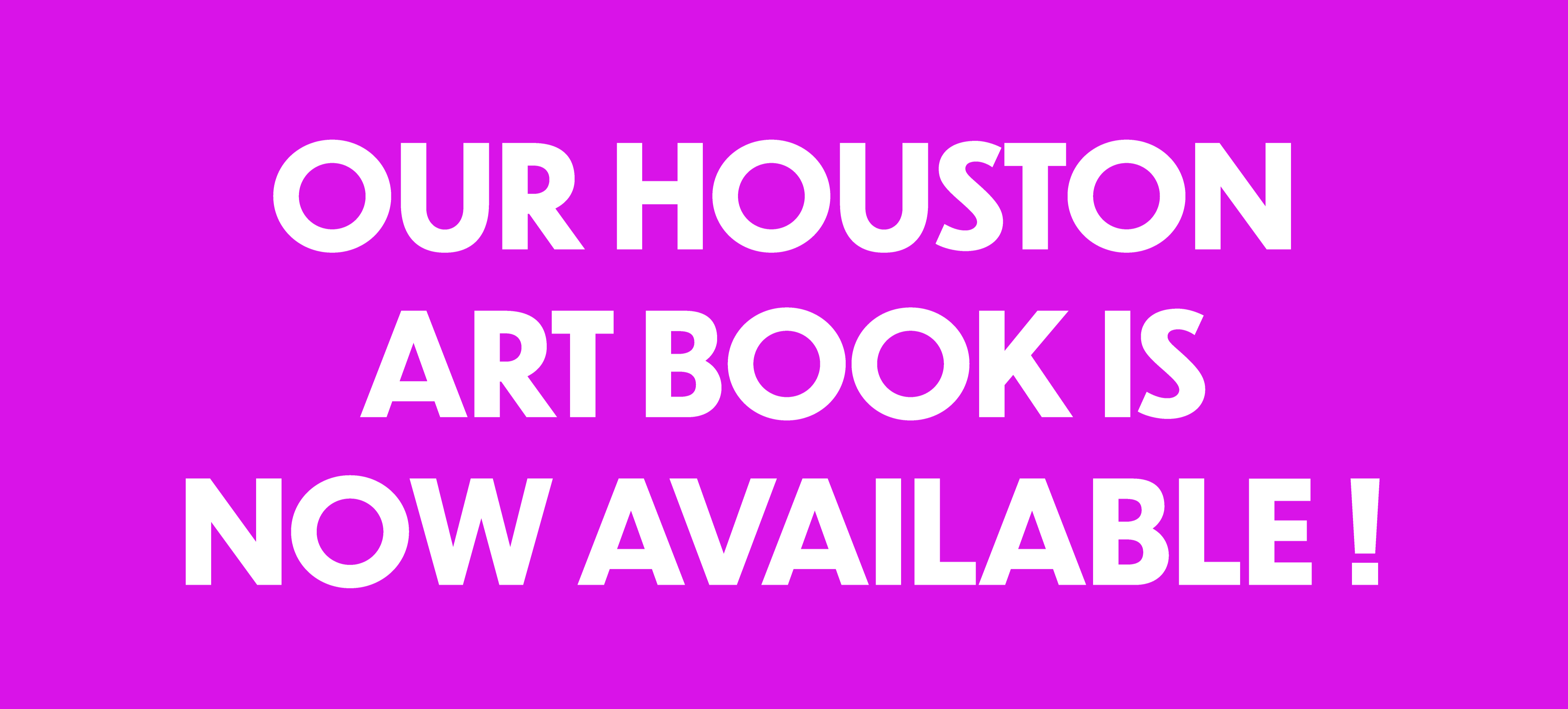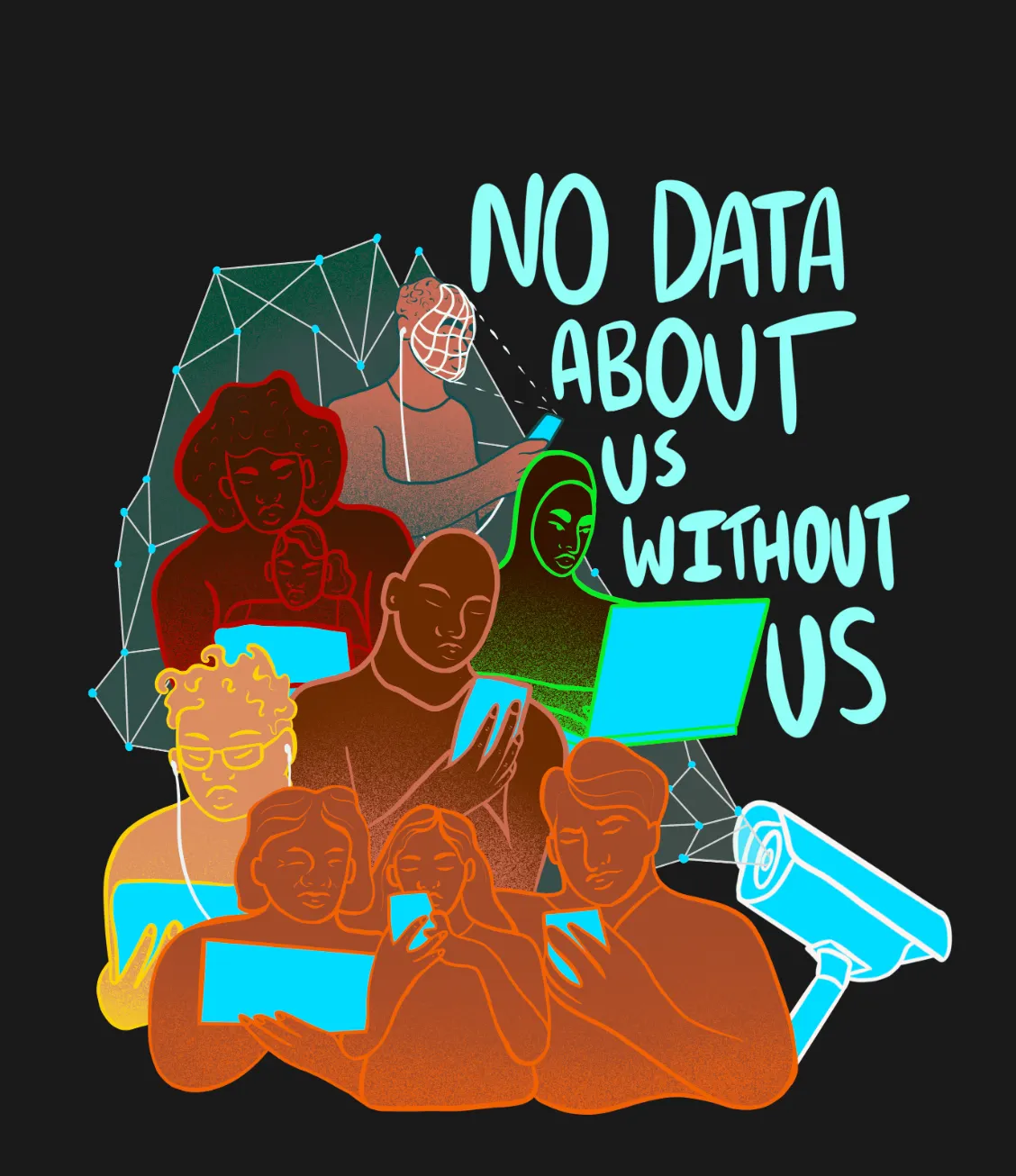Intercity Conversations & New Frontiers: Highlights from the Edgelands Community Event 2025
Laura Garcia VargasOn 30 April, we held our second Edgelands Community Event, and it was a great gathering! It brought together people from around the world who have encountered Edgelands in some capacity over the past four years. The evening was filled with warmth, reflection, and plenty of plans for the future.

Image: Laura Garcia Vargas
On Wednesday, 30 April, we held our second Edgelands Community Event, and it was a great gathering! It brought together people from around the world who have encountered Edgelands in some capacity over the past four years. It was wonderful to see familiar faces, meet new people, and catch up with old friends.
The evening was filled with warmth, reflection, and plenty of plans for the future. While there was a lot to take in, two moments stood out in particular: the closing of our Intercity Pop-Up on Digital Integrity and the unveiling of the Pop Down and Pop Beyond roadmap.
Wrapping up the Intercity Pop-Up
We started with a discussion between the Edgelands curators and participants about the curators' thoughts on the Intercity conversations on security and digital integrity, which formally concluded this chapter.
The curators explored the challenges of initiating these conversations, given that many people felt they lacked the necessary expertise to engage with topics that are typically considered the domain of security and technology experts. However, as soon as the talks began, it was apparent how much people valued having a platform to openly discuss the digitalisation of security and its implications for our daily lives. The curators reminded us that creating space for these dialogues is sometimes a powerful act in itself, and that every conversation revealed new awareness, unexpected connections, and shared concerns. While each city had its own unique perspective, recurring themes around trust, transparency, and the accelerating influence of AI and digital technologies revealed a shared set of concerns and aspirations.
A central point that emerged from the discussions was that the digitalization of security is both an urgent necessity and a profound threat — one that reshapes relations between individuals, public institutions, private actors, and democratic processes. The curators emphasized that the adoption of new technologies by public institutions introduces both opacity and transparency, thereby altering the traditional boundaries and responsibilities between the public and private spheres. They also pointed out that all too often, security is used as an excuse to avoid transparency. While legitimate security concerns exist, people deserve clear, accessible answers about which technologies are being used, where their data is going, and who has access to it, without this undermining legitimate security work.
The role of young people was mentioned repeatedly, both as changemakers and as a group that is often excluded from decision-making spaces. For instance, in cities such as Nairobi and Houston, young people are taking matters into their own hands byeducating one another online about their rights, creating safe digital spaces, and finding grassroots solutions to protect themselves. Yet despite all this, they continue to be dismissed by policymakers for their age, digital habits or 'lack of life experience'. The intercity conversations made one thing crystal clear: we need inclusive, plural governance structures around technology, especially with regard to security and surveillance tools, to ensure that diverse voices from different generations and communities are actively involved in decision-making processes that affect them.
As the conversation drew to a close, we were left with an important reminder and two significant questions to consider as we move forward. First, we were reminded that it is not just regulators or policymakers who play a crucial role in holding institutions to account, but ordinary people too. As citizens, residents, and community members, we have the right and responsibility to question, challenge, and demand transparency around the technologies that shape our societies. The decisions about what is adopted and rejected, and how these choices are made, are not just policy debates happening behind closed doors—they affect all of us every day, and it is up to each of us to take a stand.
Alongside this, the session left us with two thought-provoking questions: how will public institutions evolve as they increasingly integrate digital technologies, and what new balances between transparency, accountability, and control will define our collective future in a world where technology continues to reshape every aspect of public and private life?
Unveiling of the Pop Down and Pop Beyond Roadmap
The event concluded with a wonderful blend of nostalgia and excitement. We started with a trip down memory lane, during which Edgelands’ co-founders shared how their initial idea had grown into the Edgelands Institute we know today. From there, the focus shifted to the future, with the unveiling of the roadmap to a new frontier outlining what lies ahead as Edgelands moves into its final phase.

From there, the focus shifted to the future, with the unveiling of the roadmap to a new frontier outlining what lies ahead as Edgelands moves into its final phase.


As a pop-up institute, we were always meant to be temporary. This has been part of our magic. Our philosophy of intentionally short-lived existence has given us the energy and freedom to grow, experiment, and replicate projects in city after city, forging connections, hosting conversations, and generating meaningful reflections. Now, as we enter this new frontier, we are embracing the energy of both Popping Down and Popping Beyond. This year-long process is designed to bring the Institute to a close as planned while also sowing the seeds for new ideas and initiatives to continue after we are gone. Guiding us through this journey are six New Territories, collectively shaped by our global Edgelands team, local partners, fellows, and board members.

During the event, representatives from each New Territory shared their group’s vision. The Beach team is planning a celebration of Edgelands' work and community as we come to an end—a space to gather, share stories, and continue reflecting on what it means to live together in a digital age. This celebration will embody the same joyful, welcoming, and curious spirit that has characterized us over the past four years. The Pop-Up Methodology team is curating ways to transform our pop-up model and collective reflections into practical tools and resources that can be adopted and adapted by anyone in different contexts.
As art has always been at the heart of Edgelands, connecting creativity with research and civic dialogue, the Arts Territory will explore ways to maintain this focus. They are even dreaming a Pop Beyond initiative that use art as a research method, providing communities with alternative ways to interpret and reimagine the social contract. The Theme team is turning its attention to smaller, everyday communities that are often left out of digital and policy conversations : LGBTQ+ people, migrants, women, refugees and young people. They are exploring how these groups use digital platforms to create safer and more courageous spaces for connection, care, and resistance.
The Network team is curating how to keep the network connected and engaged after the institute pops down. They are working on a digital network where Edgelanders everywhere can stay in touch and forge new collaborations. Finally, the Asian Perspectives team is creating a space to integrate different voices from across Asia to Edgelands’ discussions on the digitalization of security and the urban social contract. This will help us think more deeply and critically about how young people in the region navigate these complex realities in urban and digital environments.
It is going to be a bittersweet, beautiful, and bold final chapter, and we are excited to have our wonderful community of Edgelanders along for the ride!



